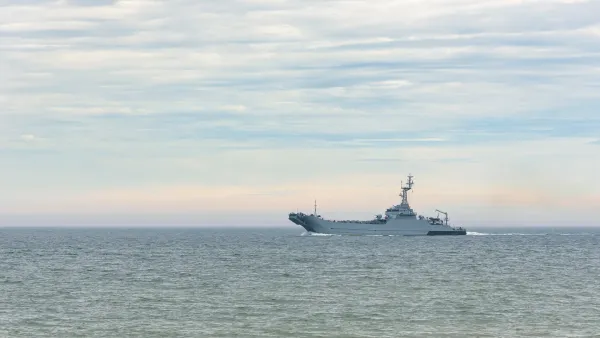
Swamp defence reimagined – natural tank traps in the Baltics
The Baltic states have increasingly been discussing ways to strengthen the protection of their borders by using natural terrain obstacles.

The Baltic states have increasingly been discussing ways to strengthen the protection of their borders by using natural terrain obstacles.
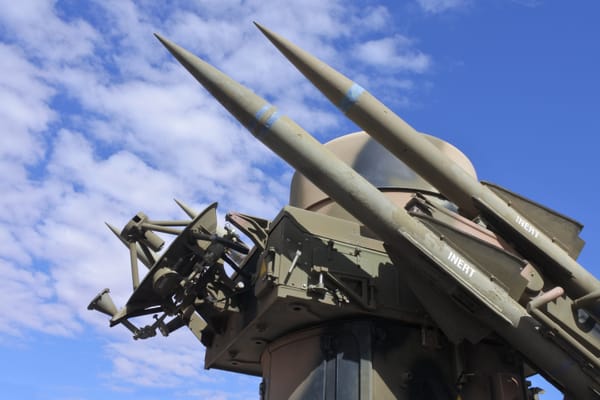
Romania’s Ministry of National Defence has announced plans for a wide-ranging modernisation of the armed forces.
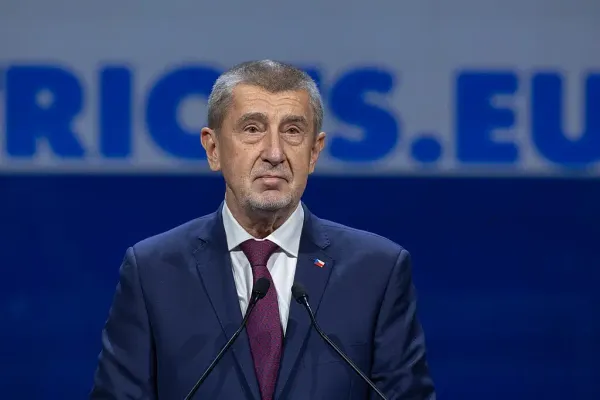
Babiš has been officially appointed the Czech Prime Minister for the third time, following his ANO party’s success in the October 2025 elections.
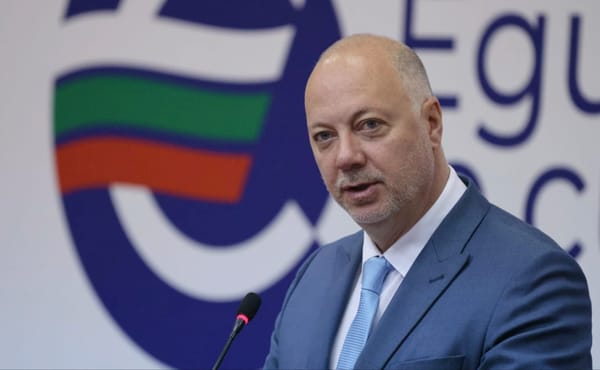
Zhelyazkov submitted his government's resignation minutes before the parliament was due to vote on a motion of no confidence against the cabinet.
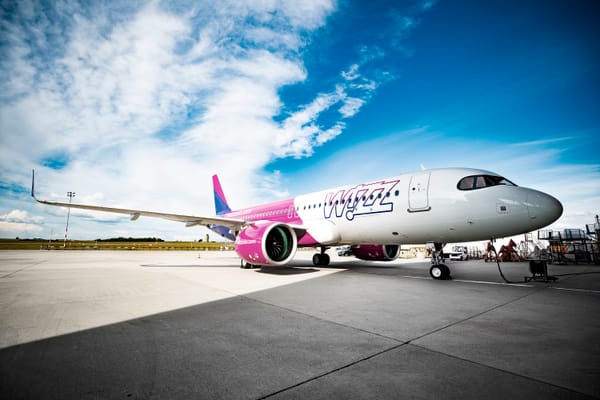
Wizz Air transformed CEE aviation since its 2003 founding by delivering ultra-low-cost, point-to-point flights from secondary airports, slashing fares and expanding connectivity.
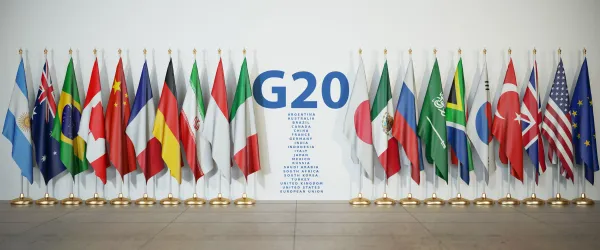
From a post-communist economy to a European powerhouse, Poland is now seeking a role in global politics.
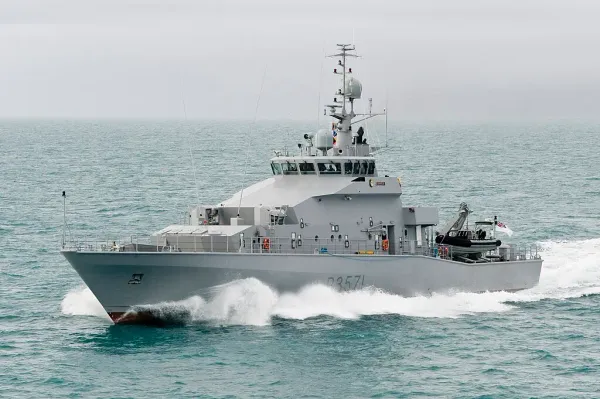
Bulgaria — for the first time in more than 100 years — has launched a newly built, domestically produced warship.
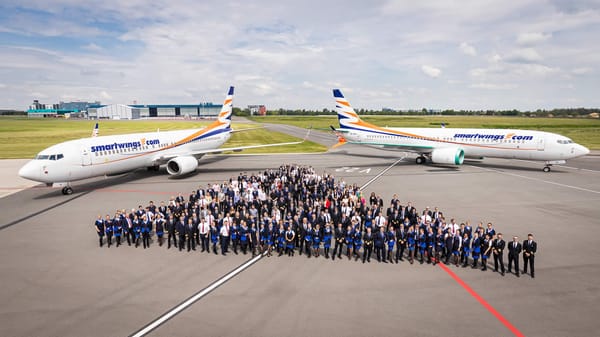
Smartwings owner Jiří Šimáně informed the Polish delegation that he had accepted a higher offer.
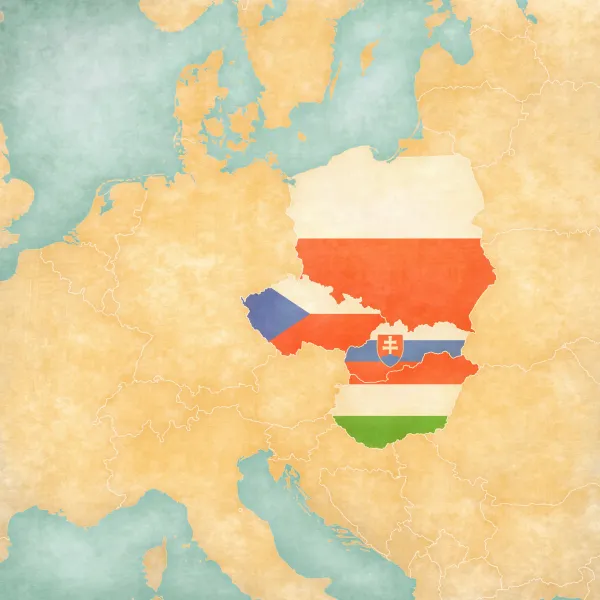
The presidents of the V4 countries gathered in Esztergom —but the differing views on Russian aggression undermines regional unity.
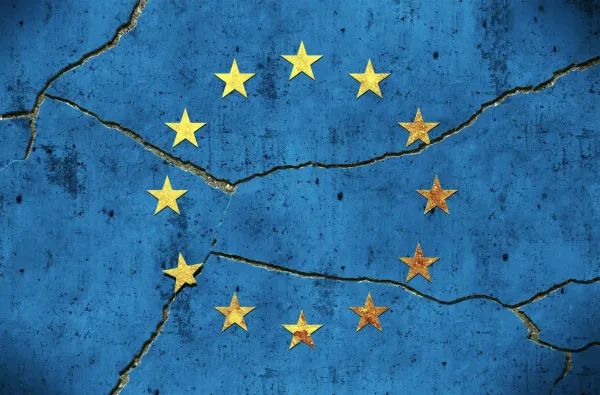
Support for EU membership in Poland remains high, but the share of those who would favour leaving the Union now exceeds 10 percent.
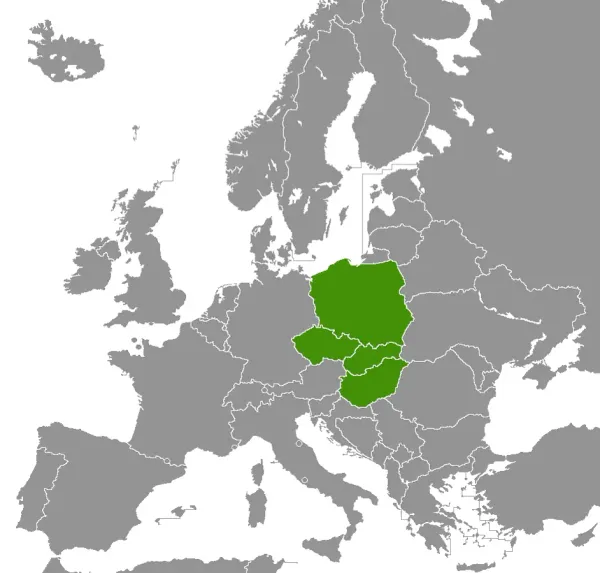
The media landscape in the V4 countries does not show a uniform picture, sending varying messages for potential investors as well.

Serbia failed to remove Russian capital from NIS despite extensions; leaving its refinery unlicensed and oil reserves secure only until year-end.
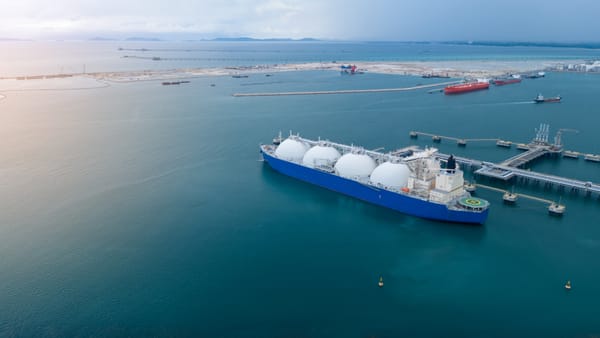
The Neptun Deep project is viewed as a pivotal opportunity for Romania's economy and energy independence.
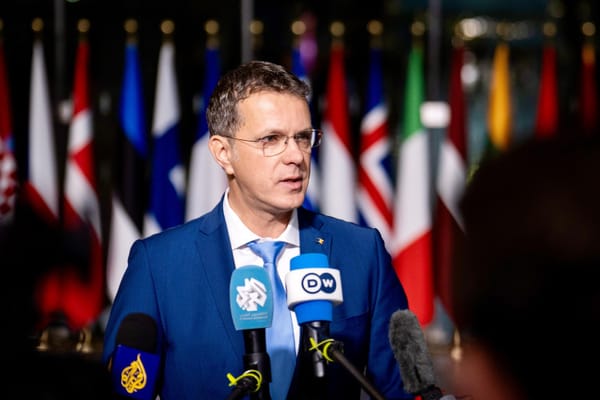
The minister highlighted by resigning he aimed to prevent further distractions from national security concerns.
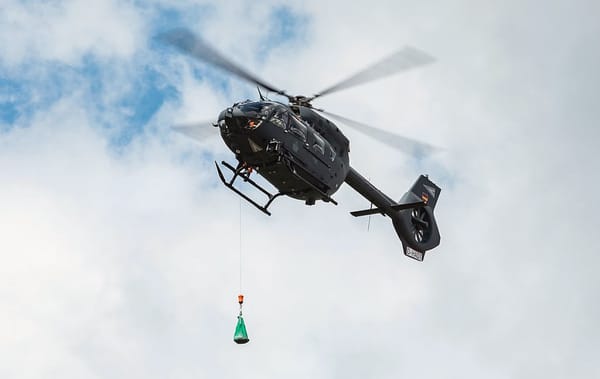
Croatia has concluded that the June 2023 Hungarian military helicopter crash was caused by human error after the crew deviated from its flight path.